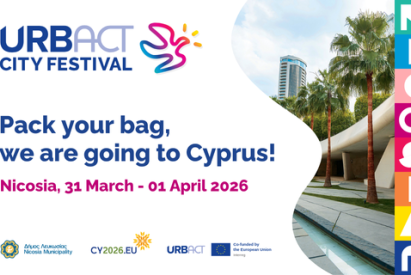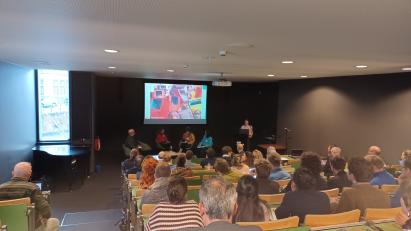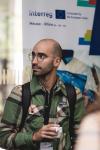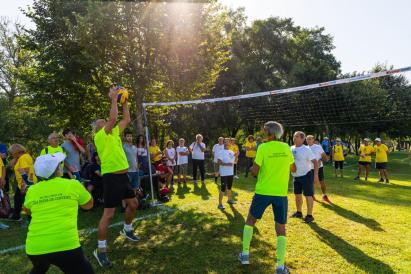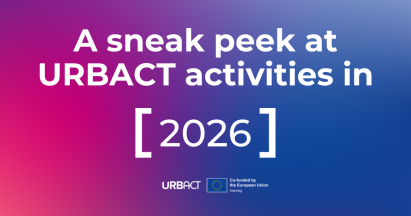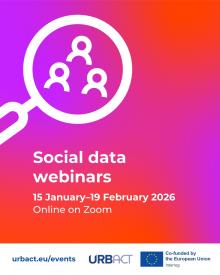Εννέα Καλές Πρακτικές URBACT για συμπεριληπτικές πόλεις
Ανακαλύψτε πώς οι πόλεις μπορούν να διαμορφώσουν τοπικές συνθήκες όπου οι πολίτες αισθάνονται υποστήριξη και έχουν τη δυνατότητα να συμμετέχουν σε συλλογικά εγχειρήματα επίλυσης προβλημάτων.
Στις ευρωπαϊκές πόλεις οι προκλήσεις σχετικά με την αστική συνοχή έχουν εντατικοποιηθεί και διασταυρώνονται με μακροχρόνιες κοινωνικοοικονομικές ανισότητες, αλλά και νέες δημογραφικές, οικονομικές, γεωπολιτικές και χωρικές πιέσεις. Πέραν της υλικής στέρησης, μερικοί κάτοικοι πόλεων, όπως οι ηλικιωμένοι, οι μετανάστες, τα άτομα με αναπηρία, είναι πολύ πιο ευάλωτοι στον αποκλεισμό, την απομόνωση, και τις διακρίσεις.
Η αντιμετώπιση των δυναμικών του αποκλεισμού απαιτεί συντονισμένες, τοπικά προσανατολισμένες προσεγγίσεις που εμπλέκουν τους δήμους, τις δημόσιες υπηρεσίες, την κοινωνία των πολιτών, και πλήθος άλλων δρώντων. Οι συμπεριληπτικές αστικές πολιτικές ενεργοποιούν στρατηγικά τις υφιστάμενες υποδομές κοινωνικής πρόνοιας, ενώ παράλληλα αφήνουν περιθώριο για κοινωνική καινοτομία.
Οι ακόλουθες εννέα ευρωπαϊκές πόλεις αντιμετωπίζουν την κοινωνική συμπερίληψη ως βασικό πυλώνα της αστικής διακυβέρνησης. Οι πρακτικές αυτές παρουσιάζουν ορισμένα οριζόντια χαρακτηριστικά, γεγονός που αιτιολογεί την ένταξή τους στον πρόσφατο κύκλο Καλών Πρακτικών του URBACT (2024).
